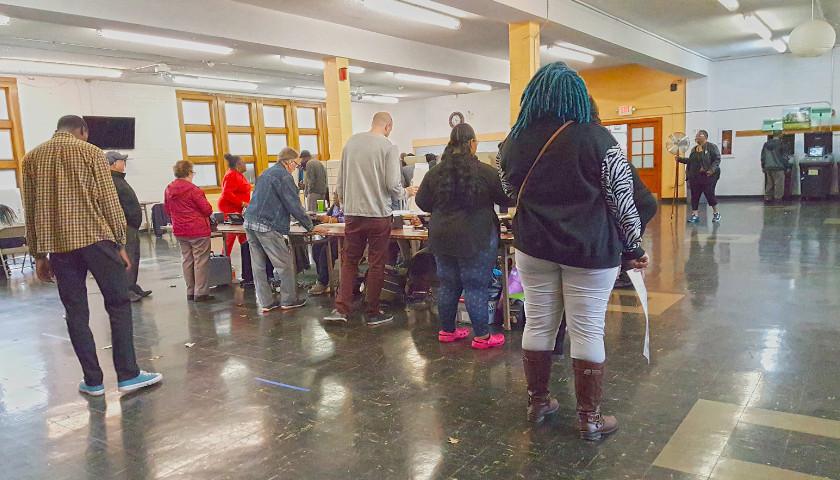The Arizona Senate approved two pieces of legislation that are aimed to solidify parental rights over their child’s education and exposure to certain materials.
Both measures, HB 2161 and HB 2439, passed the chamber on a 16-to-12 vote, sending them to the House of Representatives for a final vote before Governor Doug Ducey weighs in.
HB 2161 gives parents the right to sue any government entity or official that “interferes with or usurps the fundamental right of parents to direct the upbringing, education, health care and mental health of their children.”
The provision also gives a parent the “right to access all written and electronic records of a school district or school district employee concerning the parent’s child.”
HB 2439 limits a child’s exposure to certain materials without the consent of their parents. Specifically, the bill will require schools to publish a list of new books added to the library’s collection for a minimum of 60 days. Parents would also have access to a list of the material their child elects to check out.
In this legislative session, lawmakers have placed a heavy emphasis on schools and the rights of parents and children. Mostly, the reforms were spurred by unilateral moves during the coronavirus pandemic and concerns over Critical Race Theory.
Additionally, Governor Doug Ducey signed SB 1165, which mandates Arizona schools to separate sports based on the biological sex of the participants.
“S.B. 1165 creates a statewide policy to ensure that biologically female athletes at Arizona public schools, colleges, and universities have a level playing field to compete,” Governor Ducey said after signing the measure. “Every young Arizona athlete should have the opportunity to participate in extracurricular activities that give them a sense of belonging and allow them to grow and thrive.”
— — —
Cooper Moran is a reporter for the Arizona Sun Times and The Star News Network. Email tips to [email protected].
Photo “Doug Ducey” by Gage Skidmore. CC BY-SA 2.0. Background Photo “Arizona Senate Chamber” by Willem van Bergen. CC BY-SA 2.0.





